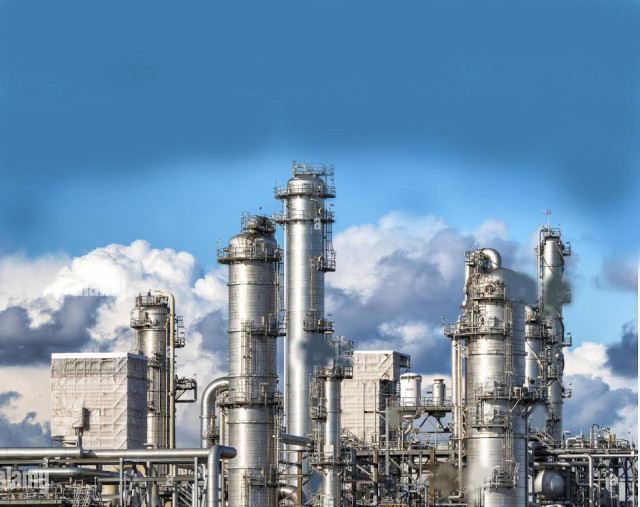Over 75% of the 1.9 billion barrels of crude oil produced in Nigeria and other African nations in 2024, which amounts to 1.4 billion barrels, was exported to Europe and other regions, adversely affecting local refineries and contributing to the rising energy poverty on the continent.
While African nations spent approximately $30 billion on petroleum product imports last year, the deregulation of the downstream sector of the petroleum industry led by President Bola Tinubu resulted in an 11% drop in demand for Premium Motor Spirit (PMS) in Nigeria.
During the annual conference of the African Refiners and Distributors Association (ARDA) in Cape Town, South Africa, focused on the theme ‘Africa First: Delivering Our Energy Future’, stakeholders highlighted that capacity utilization remains a significant issue for Dangote’s 650,000bpd refinery, as well as the 60,000bpd Port Harcourt and 75,000bpd Warri refineries recently commissioned by the Nigerian National Petroleum Company Limited (NNPCL), among others in Ghana and Angola.
This troubling trend, along with deteriorating refining and distribution infrastructure, prompted stakeholders to demand urgent action to reverse a $45 billion loss in investment and $86 billion in lost government revenue due to inefficiencies across Africa.
The Executive Vice President of Afreximbank, Kanayo Awani, emphasized at the event that Africa must take charge of its energy resources and prioritize energy security to foster economic development.
Awani stressed the necessity for sustainable, locally-driven solutions to tackle the continent’s energy issues, criticizing Africa’s tendency to export raw materials while importing refined goods.
She pointed out that Africa exports 80% of its crude oil and 45% of its natural gas, yet continues to grapple with energy poverty.
Afreximbank, she revealed, is investing in refining capabilities to correct this imbalance, dedicating over $4 billion to projects in Nigeria, including the Dangote Refinery and Port Harcourt Refinery redevelopment. Additionally, the bank is supporting a $3 billion trade finance initiative to enhance intra-African petroleum product trade.
The stakeholders noted that while the continent expended $30 billion on petrol imports last year, many refineries across Africa remained inactive.
The Executive Secretary of ARDA, Anibor Kragha, called for increased investment in Africa’s downstream oil and gas sector to align with the continent’s expanding upstream production.
Kragha highlighted the pressing need to refine a greater portion of Africa’s crude oil locally, construct regional pipelines, and enhance energy infrastructure to reduce reliance on imports.
He warned that Africa’s dependence on imported fuel renders it susceptible to supply disruptions.
“If imports ceased for just 30 days, much of Sub-Saharan Africa would come to a standstill,” he remarked, underscoring the continent’s inadequate refining and strategic storage capacity.
Despite producing over five million barrels of oil daily, Africa's downstream investments remain meager, with only $15 million to $20 million allocated last year.
The ARDA chief pointed out that while Congo Brazzaville aims to produce 500,000 barrels per day, its Pointe-Noire refinery can only process 24,000 barrels, illustrating the urgent need for capacity expansion.
“We must integrate the upstream and downstream sectors to secure Africa’s energy future,” he asserted. “Energy security, cleaner fuels, and effective storage solutions must be central to our strategy.”
Commenting on Africa’s energy infrastructure, NJ Ayuk, Chairman of the African Energy Chamber (AEC), lamented, “Refineries are non-operational, storage is scarce, and pipelines are either rusting or being damaged. We are facing a $15.7 billion shortfall in energy infrastructure funding.”
He emphasized the urgent need to ‘refine, refine, refine’ and criticized trade barriers that hinder intra-African commerce, stating, “Crude can cross borders, yet an African with a passport cannot move freely.”
Ayuk also dismissed carbon credit schemes as a “scam” and advocated for natural gas as the cornerstone of Africa’s industrialization: “The sun won't shine perpetually, but LNG and LPG can address our clean cooking needs and deliver dependable power.”
APPO President Omar Farouk condemned years of externally imposed energy policies. “For too long, Africa’s resources have catered to others. Now, we must reclaim control over our funding, technology, and markets.”




















